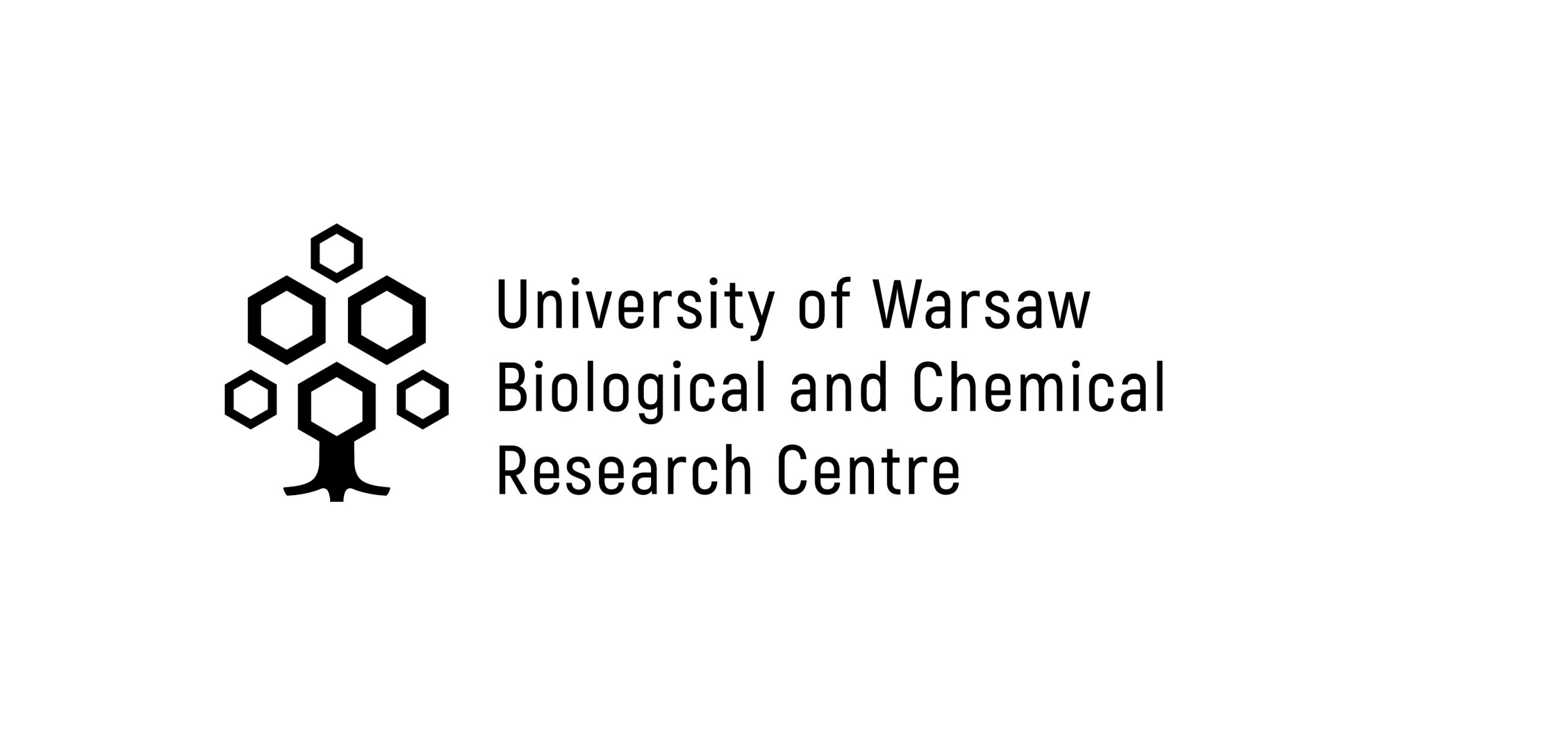Biomacromolecule Modeling
Description of the Group
The Group develops innovative methods for studying the structure and dynamics of biomacromolecules. We use both molecular modelling methods and bioinformatic approaches. The main research tasks concern the design and implementation of a multiscale protocol for modelling proteins and their complexes. Such a protocol consists of two or three models definedat different resolution levels, combined into a single algorithm. In our work, we develop both coarsegrained models, in which a group of atoms (e.g. an amino acid residue) is replaced by a single interaction centre (e.g. the SURPASS model), as well as all-atom models. Among the latter are the algorithms specifically designed to exploit graphics cards (GPUs) for computing. Development of novel modelling methods consists mainly in deriving new mean-field (statistical) potentials and devising new simulation algorithms.
Research Activities
We are also developing new bioinformatical methods, such as three-dimensional protein threading for accurate sequence-to-structure alignment. We develop software for analysing sequences and structures of proteins and nucleic acids. We also use template-based modelling methods (comparative modelling).We implement the theoretical methods developed in software packages: BioShell and Rosetta, which are made available free of charge to the wide academic communit
OFFER:
- Comparative modelling of protein structures
- Rational design of new protein structures
- Mutations in-silico, increasing protein stability, change of enzymatic activity
- Analysis of biomacromolecule sequences and structures
- Docking ligands (drugs, substrates, etc.) to protein receptors
- Development of software for biomacromolecule modeling
Team Leader
Dominik Gront is the co-author of more than 40 papers cited 560 times in total (H factor 15). He has completed postdoctoral internships at the Univer-sity of Virginia, Charlottesville and the University of Washington, Seattle. He is one of the Principal Investigators at Rosetta Commons, an organization that develops Rosetta software for protein modelling and design. In 2016, Dominik Gront was awarded the postdoctoral degree of doktor habilitowany
Awards and distinctions:
2008/11 – Marie Curie Scholarship
2012 – Scholarship of the Minister of Science and Higher Education for Outstanding Young Scientists
2017 – individual award of the Second Degree of the Rector of the University of Warsaw for teaching achievements
